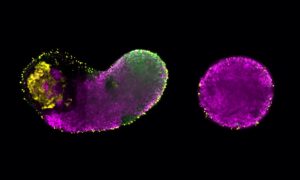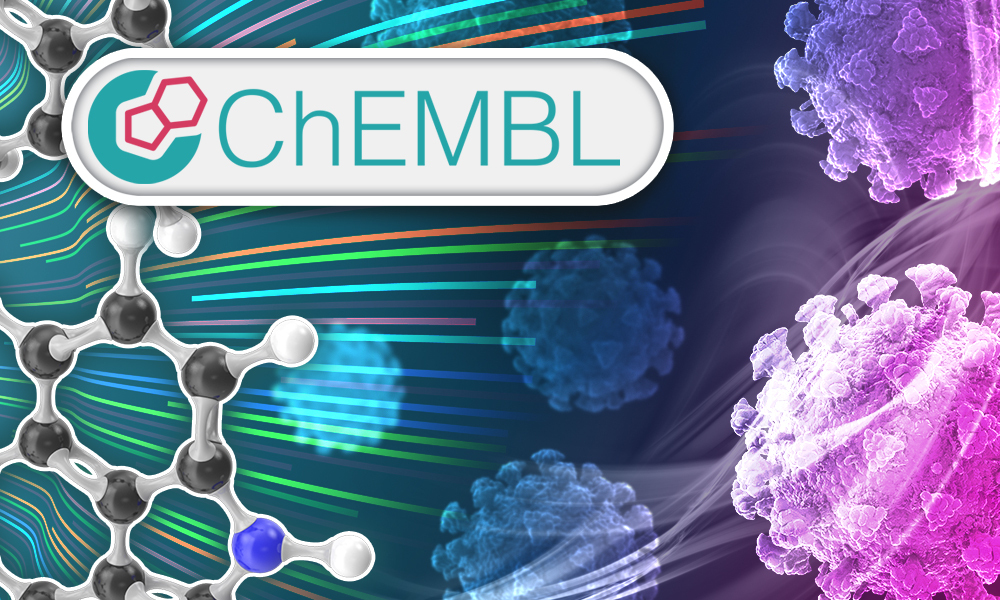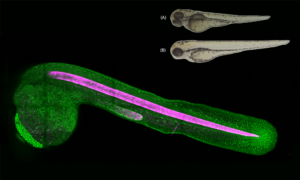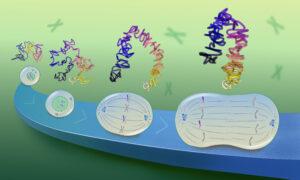
Repurposing drugs to manage COVID-19 progression
Researchers use large-scale human genetic studies to identify drug targets important for managing COVID-19 in its early stages

Researchers from VA Boston Healthcare System, the University of Cambridge, EMBL’s European Bioinformatics Institute (EMBL-EBI), and Istituto Italiano di Tecnologia (IIT) have used a large-scale human genetics study to identify drug targets important for managing COVID-19 in its early stages.
Using these methods, the researchers identified the IFNAR2 and ACE2 proteins as targets for potential drugs for early management of COVID-19. While previous studies had focused mainly on identifying treatments for patients already hospitalised or critically ill, this study aimed to identify drugs that could be repurposed for early management of COVID-19.
The research, published in the journal Nature Medicine, calls for clinical trials on drugs targeting the IFNAR2 and ACE2 proteins to help prevent COVID-19 hospitalisation. Prescribing these drugs after patients are diagnosed with COVID-19, but before their conditions require hospitalisation, could help minimise the symptoms and reduce the number of patients requiring critical care.
Preventing COVID-19 hospitalisation
To identify all protein-encoding genes that serve as targets for approved drugs or drugs in clinical development, the researchers used computational analysis methods and the ChEMBL bioactivity database. This approach identified 1,263 druggable genes, which the researchers refer to as the ‘actionable druggable genome’. They next investigated the prevalence of genetic variants in these druggable genes within two large genetic datasets from the VA’s Million Veteran Program and the COVID-19 Host Genetics Initiative. A total of 7,554 hospitalised COVID-19 patients and more than one million controls were included in the analysis. This approach provided genetic evidence for drugs targeting two proteins: ACE2 and IFNAR2.
“When we started this project, most COVID-19 trials were being done on hospitalised patients,” says Juan P. Casas, Physician Epidemiologist at the VA Boston Healthcare System. “Very few treatments were being tested to give to patients early in the natural history of the disease. However, as the availability of testing against coronavirus increased, an opportunity opened to identify and treat COVID-19 patients before they progress to more severe forms of the disease that require hospitalisation.”
“Even as effective vaccines against the SARS-CoV-2 virus are being rolled out across the world, it is still very important to identify drugs we can use for COVID-19 treatment. Having a better understanding of which drugs we could use to prevent disease progression could save lives,” says Andrew Leach, Head of Chemical Biology at EMBL-EBI.
A computational approach
“Discovering new drugs usually takes a very long time and this isn’t ideal considering the urgency of the pandemic,” says Anna Gaulton, ChEMBL Group Coordinator at EMBL-EBI. “The ChEMBL database enables us to rapidly identify the protein targets of currently available drugs and compounds in late-stage clinical trials. Cross-referencing this information with the results of the genetics analyses enables us to pinpoint potential new opportunities for drug repurposing for COVID-19 treatment.”
“We used genetic associations measured in large-scale human datasets to predict the effects of the drugs,” says Claudia Giambartolomei, Researcher at IIT. “Once the correct genetic instruments are identified, these associations can be used to link a gene encoding a drug target to a disease without waiting for results from clinical trials. This work constituted a very exciting collaborative effort where experts from different areas came together and quickly responded to an urgent need.”
This post was originally published on EMBL-EBI News


